
Features
Kirkby couple helped found new foster-first animal rescue charity to ‘save more PAWS’
2 years ago
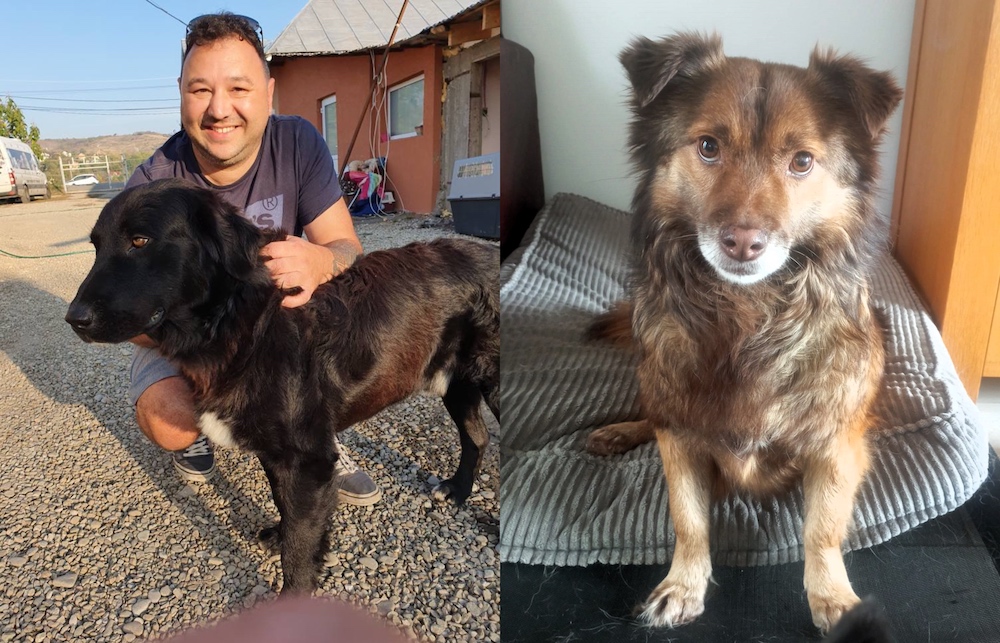
A Kirkby couple who helped set up a new foster-first animal rescue charity have found homes for more than 260 cats and dogs, and are already caring for 35 more.
Hannah Carter and David Wise founded the People’s Animal Welfare Society in January 2021 after becoming increasingly alarmed at the growing numbers of stray, abandoned, and unwanted animals across the UK and around the world.
PAW Society was created with the purpose not just of rescuing the animals but placing them in foster homes where they can be better assessed to guarantee a suitable home can be found first time.
Hannah, 32, a real time analyst, says: “It’s our experience that if you assess an animal in a kennel or a cattery, you’re not go to understand and learn about its real personality, so you may not find the right home straight away.
“All of our animals go into foster homes where they can be assessed in a normal home care environment so we can find the perfect match, and the adoption is successful and doesn’t fail.
“So many animals are adopted and returned because they are assessed in a kennel and go to a home where maybe owners can’t give the time needed, or the animal’s needs can’t be fulfilled.”
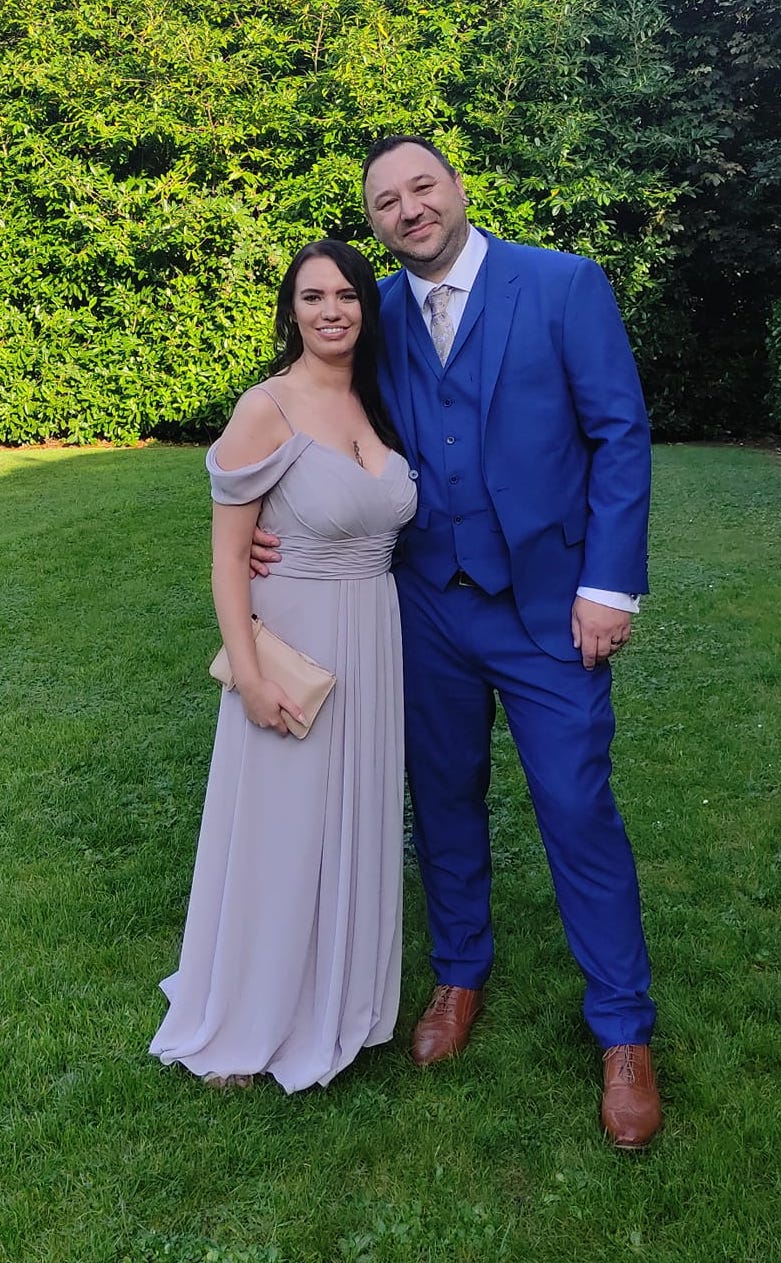
With many of the animals who come into PAW Society’s care suffering health problems or emotional trauma because of the hurt and harm they’ve suffered, Hannah admits it’s not always easy work: “It’s incredibly tough, seeing or hearing about the awful abuse that a cat or a dog might have been through – worst still if we don’t have the space or enough foster homes and have to turn someone away,” she says.
“But when you can help an animal and see them go off to a loving home, to live a happy normal life that they wouldn’t have had a chance of before, that makes up for it.
“And we always do the best we can.”
Hannah and David, 49, a bus driver, are two of six trustees who helped create PAW Society and who all donate their time and efforts voluntarily.
She explains: “Everyone of us has volunteered for an animal charity before, so we all have a ton of experience. We found that a lot of the practices didn’t always have the animals’ best interests in mind, and we just thought there was a better way to help animals.”
Its overall aim is to find a home for a cat or dog in need, assessing them in that home environment to help find the perfect match.
Most are strays and it can take time: “We have 50 years’ experience between us in rehabilitating strays into what we call pet life. Some can take a couple of weeks and will go into a home and think this is much better than being on the streets, others will take months. My foster dog at the moment, Olly, a four-year-old small cross-breed from Romania, is a really traumatised case and it’s taken months for him not to be terrified.
“He was originally in a kill shelter and we understand he didn’t move for six months. He would stay in the same corner: eat there, sleep there, toilet there. Coming into a home he did the same thing but then you get glimmers of trust, when he took food from our hands allowing his face to touch our skin, and it builds up. It takes time, but there’s no rush, and now he’s a really happy dog who’s about to be rehomed.”
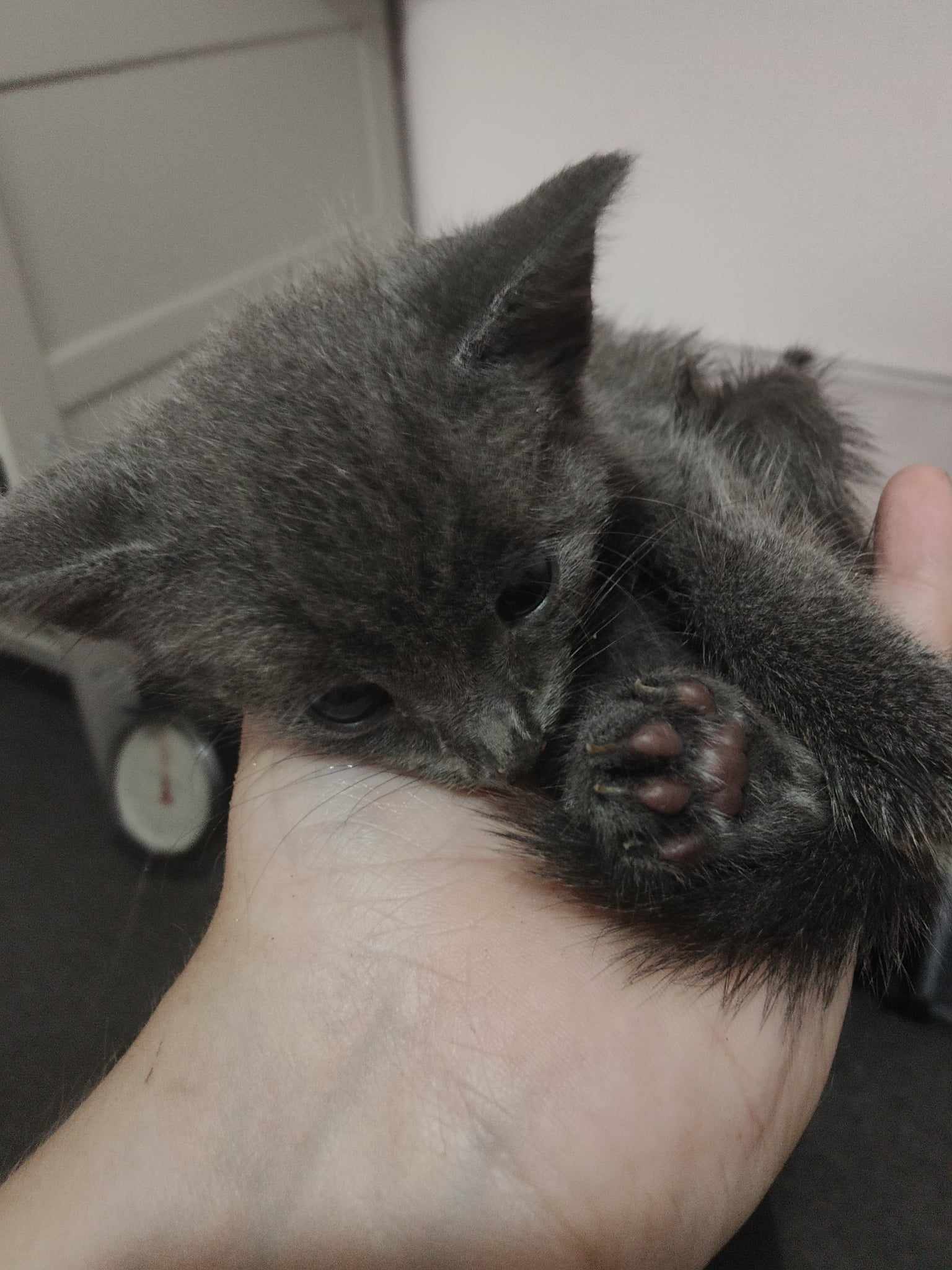
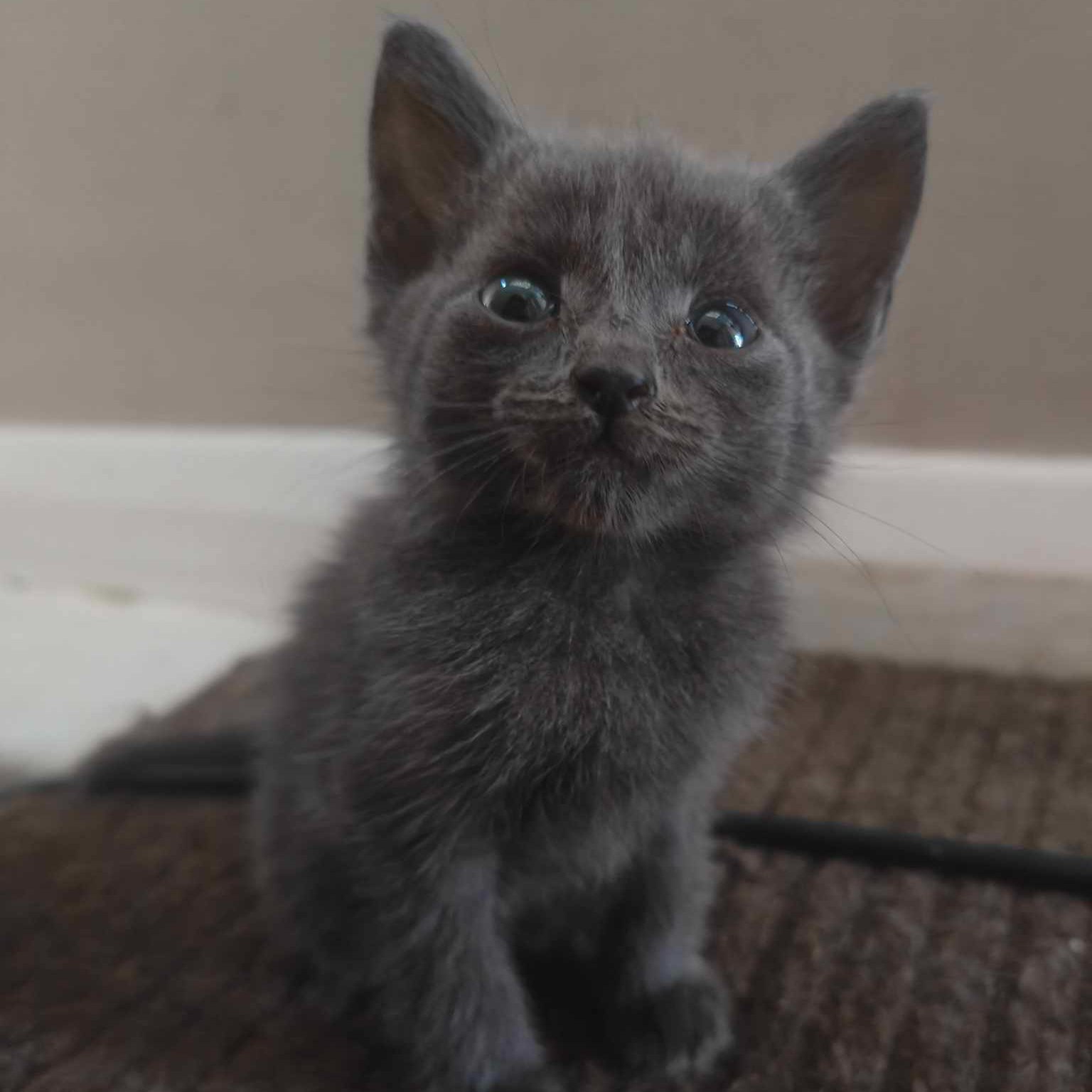
PAW Society cares and treats animals who are sick or injured, and has a programme of neutering animals to help stop or reduce unwanted strays, and reduce diseases and infections being spread.
And it makes a special effort too to take care of and save animals who, it says, might often be turned down by other rescue organisations, either due to inexperience or cost – including disabled or elderly pets.
“We lovingly refer to these animals as our Wonkies and have set up our Wonky Paws Club especially for them,” says Hannah. “Some of these animals may remain under our care through our permanent foster scheme to ensure their final months or years are as comfortable as possible, but we will, where we can, find loving homes for them too.”
There has been an increase in the number of stray or unwanted animals since COVID, possibly because people can no longer afford to keep a pet or because people who got pets while they were working from home are now back in the office.
“Owners come back to a home that’s destroyed or they see behaviour changes. Many of these animals were purchased from unlicensed breeders who didn’t do health testing.
“Every year we say it’s the worst it’s ever been, and then it gets worse again.”
PAW Society relies on donations from the public to fund its work, and is hoping to get more regular monthly donations from supporters: “Vet care is the largest cost, and sometimes we need to get an animal treatment that might cost £600 but only have £10 in the bank, so we have to wait until the next month’s donations come through. To get even £1 from 10 people would be money we could rely on and be able to plan better.”
It is holding a gig night at Hangar 34 on Thursday, November 14, when it’s hoping to raise around £1,000; and it’s planning to stage RescueFest at Princes Park in June next year to increase awareness and celebrate animal rescues and stage a huge street food and artisan market.
“We want to promote humane behaviour towards cats and dogs who are subjected to cruelty, abuse, injury, neglect and abandonment, and relieve the suffering of such animals by providing a rescue, foster, assess, rehabilitate and re-home service.
“It is hard, and most days we ask why we are doing it,” smiles Hannah. “But it’s also lovely to see happy dogs in new homes, and know that we have saved more paws!”
* For more information about PAW Society and how you can help support it by donating or fostering, go to the website here, and find out more about Olly at www.pawsocietyuk.org/olly
Get the latest for Liverpool HERE.


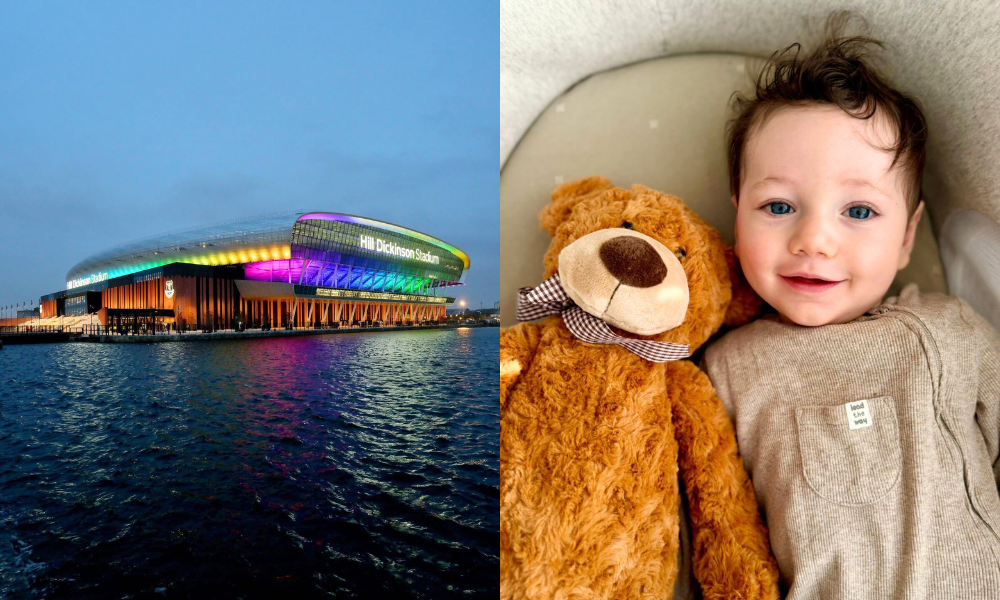

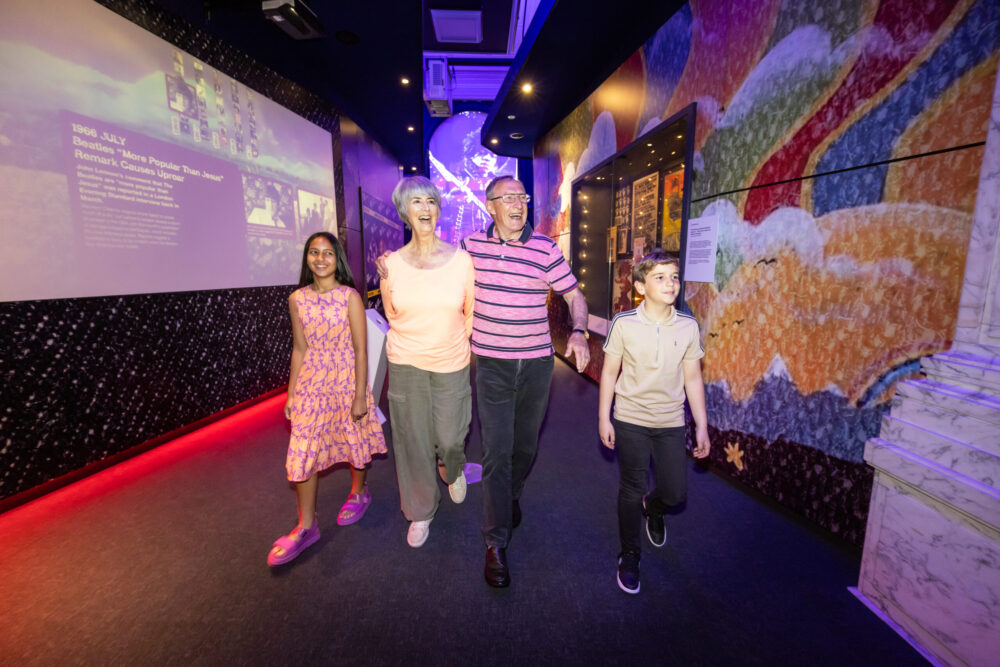
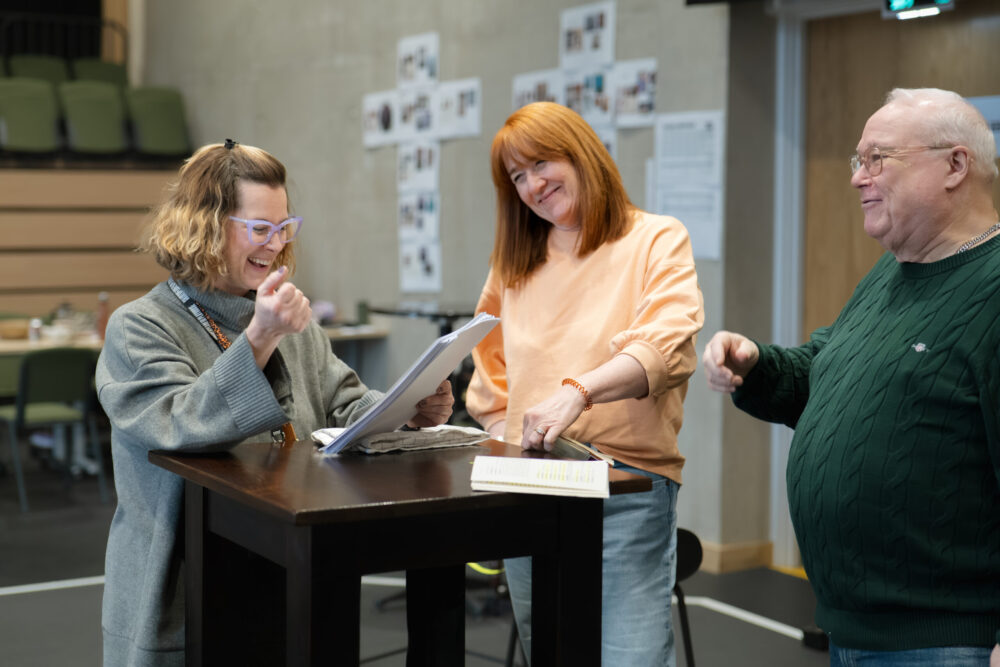
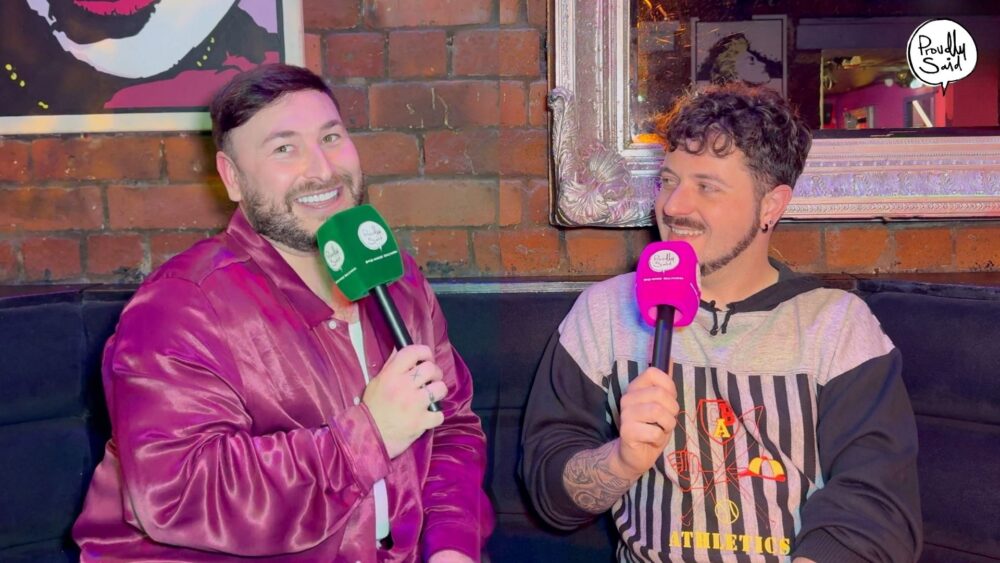
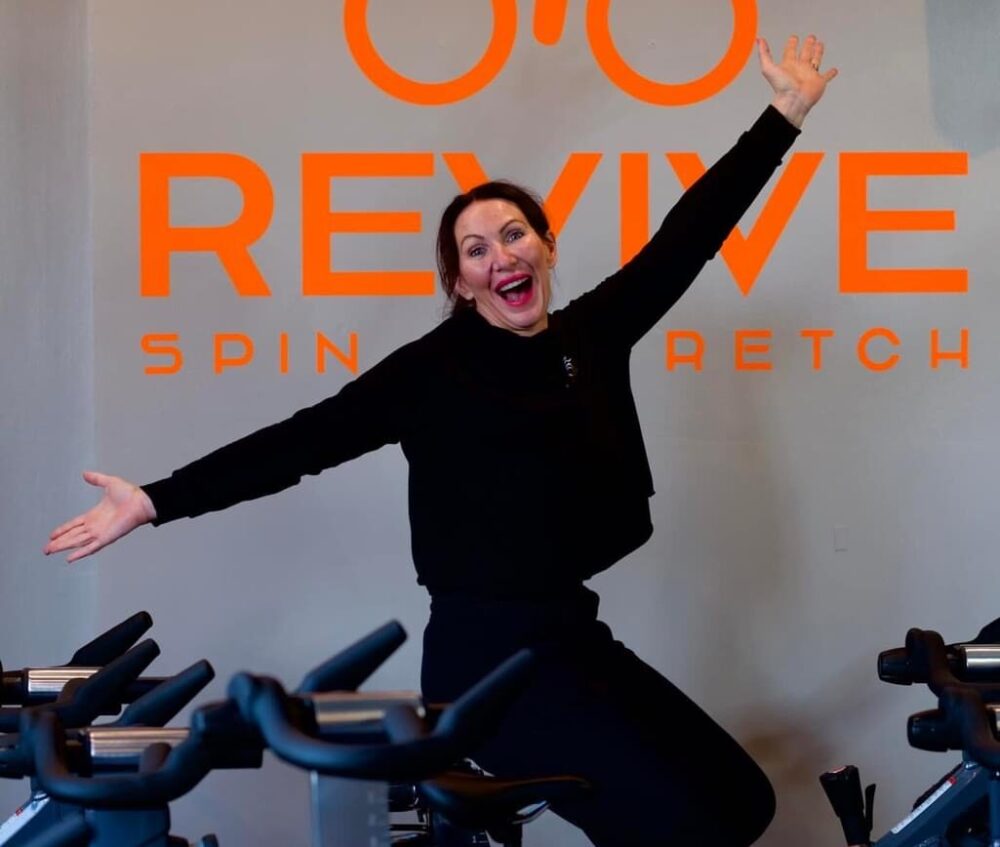
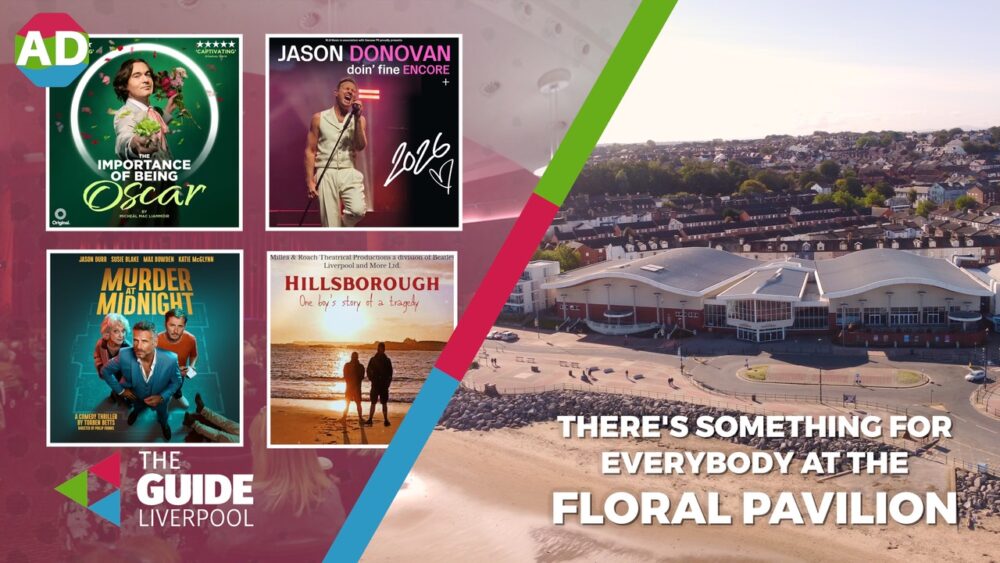
 Subscribe
Subscribe Follow Us
Follow Us Follow Us
Follow Us Follow Us
Follow Us Follow Us
Follow Us Follow Us
Follow Us











